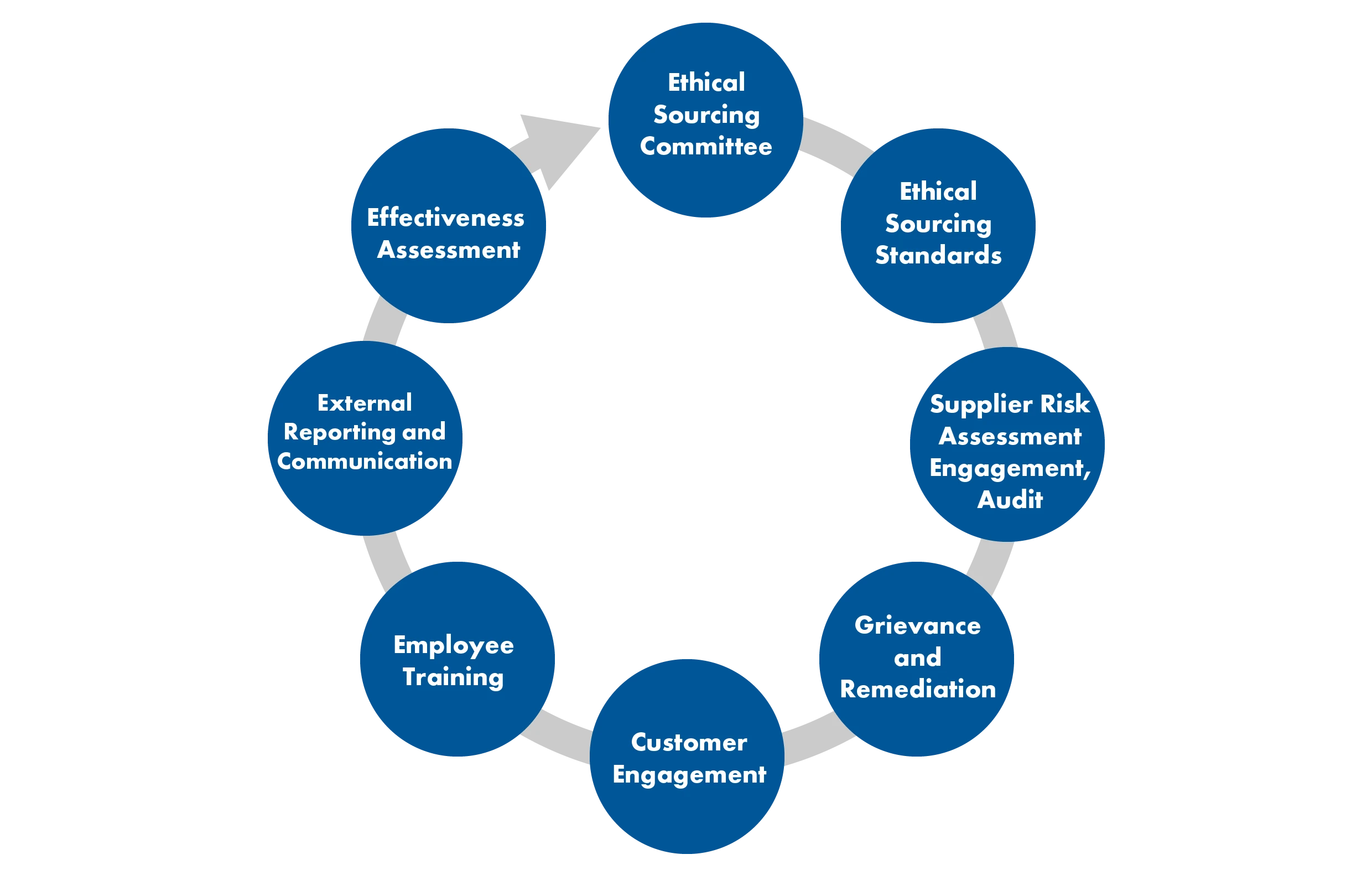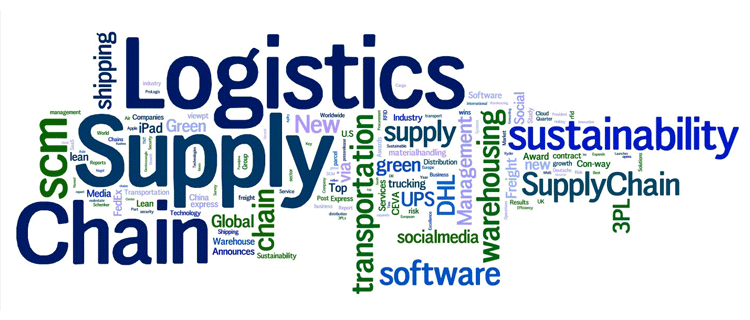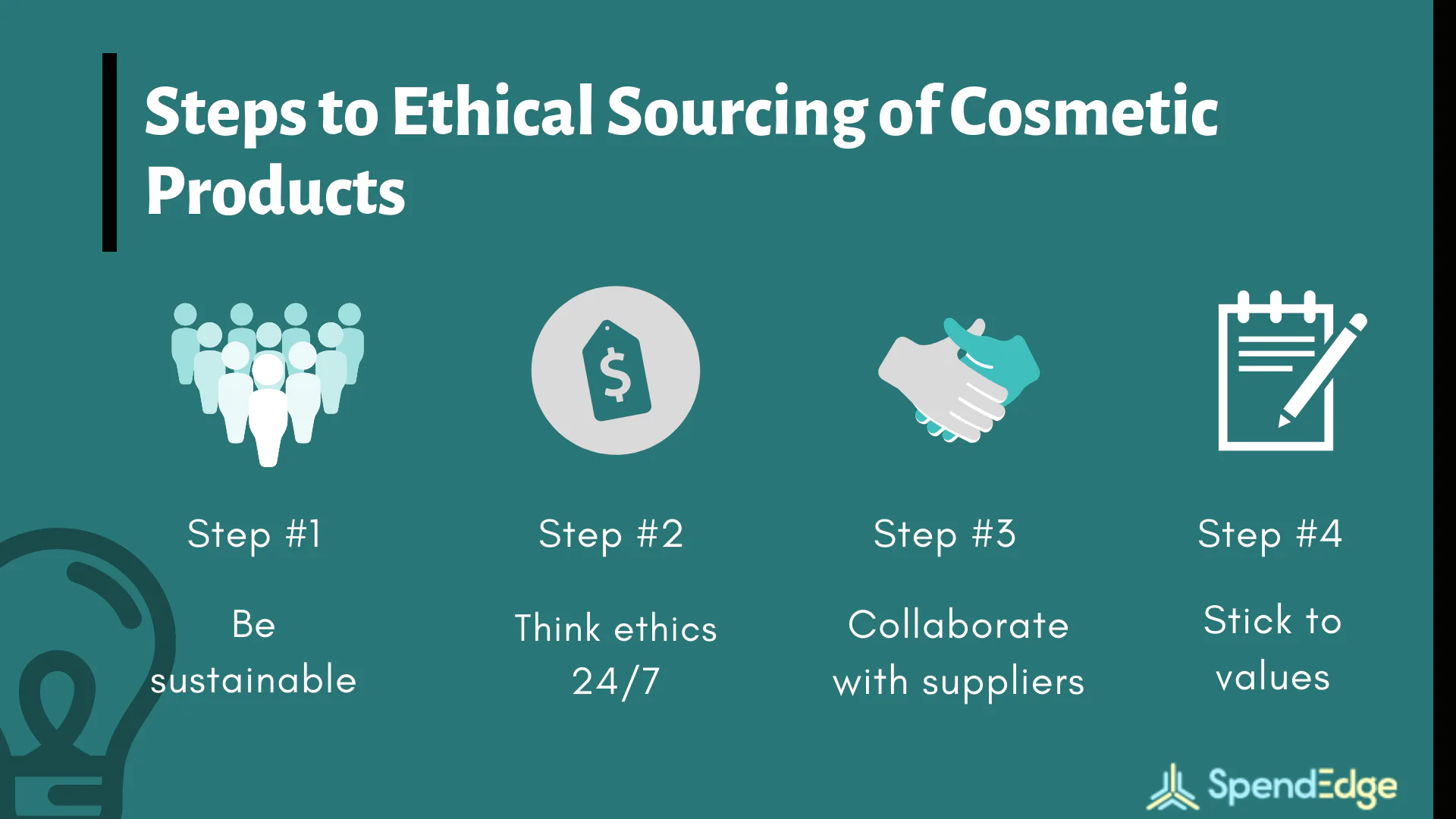In today’s interconnected global economy, the products we use and consume often travel vast distances and pass through numerous hands before reaching us. While this globalization offers many benefits, it also raises important questions about the ethical treatment of workers, environmental impact, and the sustainability of supply chains.

The Importance of Ethical Sourcing
Ethical sourcing, also known as responsible or sustainable sourcing, involves ensuring that the products and materials a company uses are obtained in a way that respects human rights, fair labor practices, and environmental protection. It’s about making conscious choices throughout the supply chain to minimize harm and maximize positive social and environmental impact.
Why does ethical sourcing matter?
- Protecting Human Rights: It ensures that workers involved in the production of goods are treated with dignity and respect, receiving fair wages, safe working conditions, and freedom from exploitation.
- Preserving the Environment: Ethical sourcing promotes sustainable practices that minimize pollution, conserve resources, and protect biodiversity.
- Building a Positive Brand Reputation: Companies that prioritize ethical sourcing demonstrate a commitment to social responsibility, which can enhance their reputation and appeal to conscientious consumers.
- Mitigating Risks: By identifying and addressing ethical issues in the supply chain, companies can reduce the risk of reputational damage, legal liabilities, and supply chain disruptions.

Best Practices for Ethical Sourcing
-
Develop a Code of Conduct: Establish clear guidelines for suppliers outlining ethical expectations regarding labor practices, environmental standards, and human rights.
-
Conduct Due Diligence: Thoroughly assess potential suppliers to ensure they adhere to ethical standards. This may involve site visits, audits, and third-party certifications.
-
Build Strong Relationships: Foster transparent and collaborative relationships with suppliers, working together to address challenges and improve ethical performance.
-
Monitor and Evaluate: Regularly assess suppliers’ compliance with ethical standards through audits, surveys, and independent monitoring.
-
Continuous Improvement: Encourage ongoing dialogue and collaboration with suppliers to identify areas for improvement and implement corrective actions.
-
Transparency and Reporting: Publicly communicate your ethical sourcing policies and progress, demonstrating accountability and commitment to stakeholders.
Overcoming Challenges
Implementing ethical sourcing can be challenging, particularly in complex global supply chains. Companies may face obstacles such as limited visibility, lack of resources, and cultural differences. However, with a dedicated approach and the right tools, these challenges can be overcome.
The Future of Ethical Sourcing
As consumers become increasingly aware of the impact of their purchasing decisions, the demand for ethically sourced products is growing. Companies that prioritize ethical sourcing are not only doing the right thing, but they’re also positioning themselves for long-term success in a changing marketplace.
By adopting best practices and collaborating with suppliers, businesses can create a more sustainable and equitable global economy, one product at a time.

